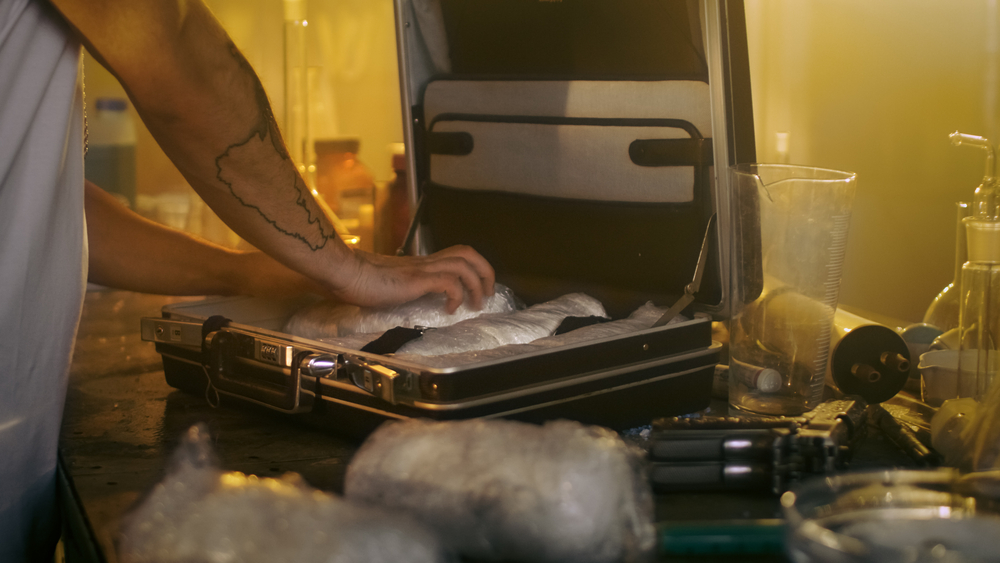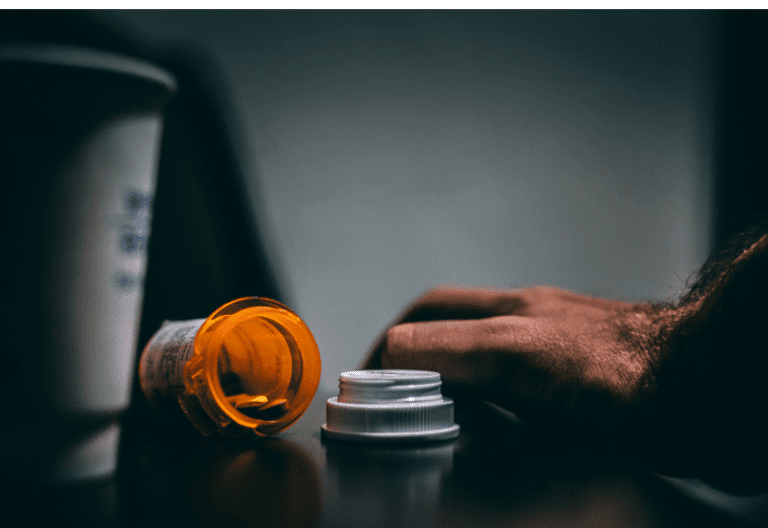Lori Arnold is now in her 60s, working a modest job in Ohio, but she once ran one of the largest methamphetamine trafficking networks in the Midwest. Known infamously as the Queen of Meth, her life story is filled with pain, power, and transformation.
Early Life & Introduction to Drugs
Lori was born in Ottumwa, Iowa, as one of several siblings. Her mother struggled with addiction and her family life was unstable. When Lori was just 14, her mother introduced her to amphetamines under the guise it would help with chores. That moment would mark the start of a lifelong relationship with drugs.
Growing up, Lori experienced neglect, chaos, and a yearning for control and escape. These early experiences planted the seeds of vulnerability—making her more susceptible to addiction and risky choices later on.
Marriage, Abuse & Descent into Meth
By her early teens, Lori was forced into marriage with a much older man under family pressure. The marriage was abusive and heartbreaking, contributing to her escape into drug use. Later, she married into a biker gang milieu, where her drug dealing truly began.
Methamphetamine was still relatively new on the U.S. drug scene in the 1980s. Lori’s initial forays into dealing were informal: giving to friends, testing boundaries, and chasing a feeling of control. But over time, the small deals escalated into a full-blown trafficking operation.
Building a Meth Empire — The Queen of Meth
At her peak, Lori’s network stretched across states. She reportedly moved up to ten pounds of meth per shipment. Her income reached hundreds of thousands per week. She purchased property, cars, a bar, and even a private plane—all symbols of her success and power.
Her nickname, “Queen of Meth”, came from her dominance in meth distribution and her reputation for pioneering trafficking routes across Iowa, California, and beyond. Some of her operations were allegedly tied to cartel connections.
Arrest, Prison & Relapse
In 1989, the authorities raided her ranch, seizing assets and evidence of large-scale trafficking. Her brother, actor Tom Arnold, attempted to help bail her out, but the judicial system proceeded. Lori was convicted and sentenced to federal prison.
After her release around 1999, Lori attempted to rebuild her life. However, the lure of power and quick money drew her back, and she was arrested again in the early 2000s.
Across her sentences, she learned difficult lessons about addiction, law, and mortality.
Transformation & Redemption
During one prison stint, Lori enrolled in a rehab program which she says changed her outlook. She learned to interrogate her past, understand motives, and temper impulses. After her final release, she relocated to Arizona, rebuilt personal relationships, and maintained sobriety.
While her past identity as Queen of Meth still lingers in the media, she now lives quietly, aiming to be defined by more than her criminal history.
Today, Lori is doing just fine. She now lives in Arizona with her fiancé after living in Sandusky, Ohio, for six months in a halfway house. Lori is still sober. Although she spends her days living quite a different life, now, her title of ‘Queen of Meth’ is one she cannot shake, especially after the arrival of Queen of Meth, the television show.
The Documentary & Broader Lessons
The three-part docuseries Queen of Meth recounts Lori’s journey from teenager to drug lord to someone seeking repair. The show gives us a lens into the ripple effects of meth on families, communities, and identity. Wikipedia+2Discovery Plus+2
Her story is a grim reminder that addiction and drug crime often spring from trauma, instability, and unchecked suffering.
Why Lori’s Story Matters for Recovery
Lori Arnold’s life illustrates several key recovery lessons:
- Early trauma matters: Unresolved childhood pain often fuels substance use.
- Power can mask destruction: Success in crime doesn’t shield one from consequences.
- Recovery is possible: Even after deep criminal involvement, healing is not impossible.
- Community impact lingers: Drug trafficking devastates neighborhoods in long-term ways.
Knoxville Recovery Center: Helping Begin Your Journey
If Lori’s story resonates—or even if it scares you—know that help is available. At Knoxville Recovery Center, we offer:
- Detox: Medically supervised withdrawal to ensure safety and comfort
- Addiction Treatment: Therapy, counseling, and stabilization for substance use disorder
- Mental Health Care: Dual diagnosis support through holistic and behavioral therapies
- Aftercare: Transition plans, support, and referrals to keep progress on track
If you or someone you love is struggling with addiction, call Knoxville Recovery Center today to get started.











